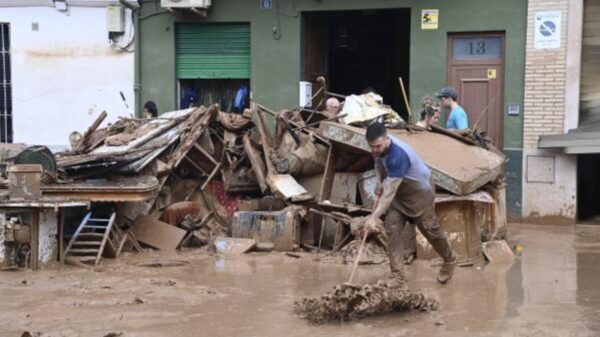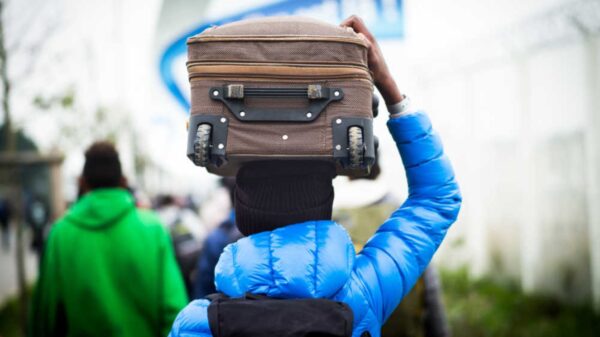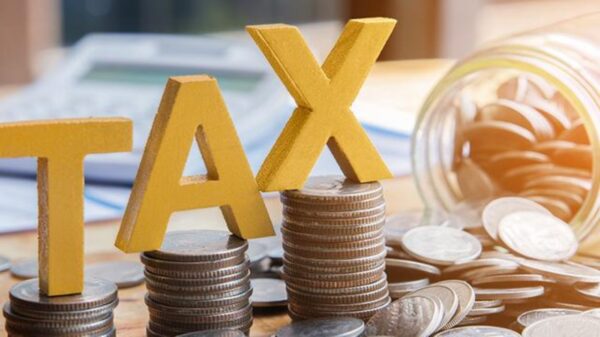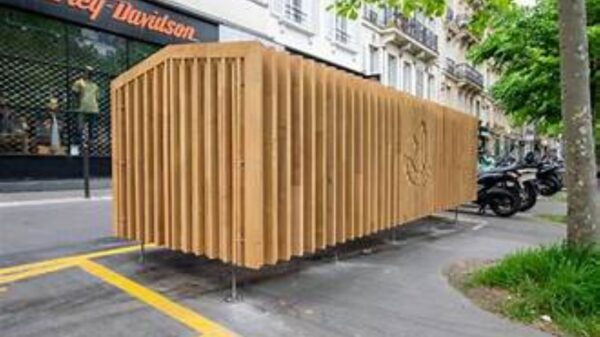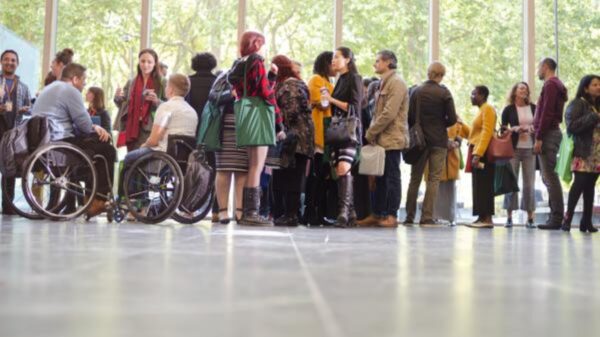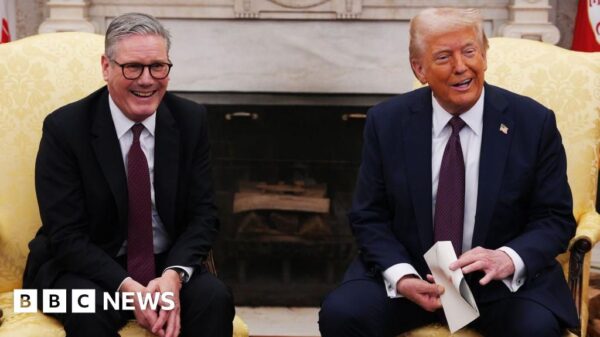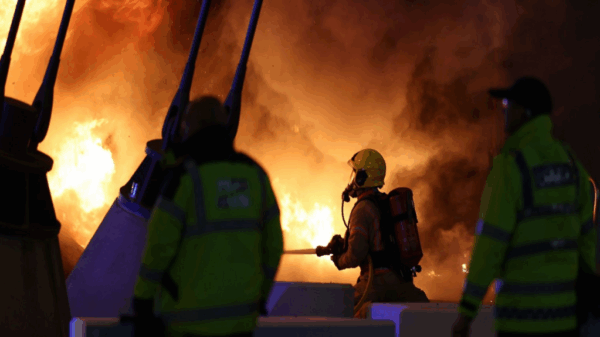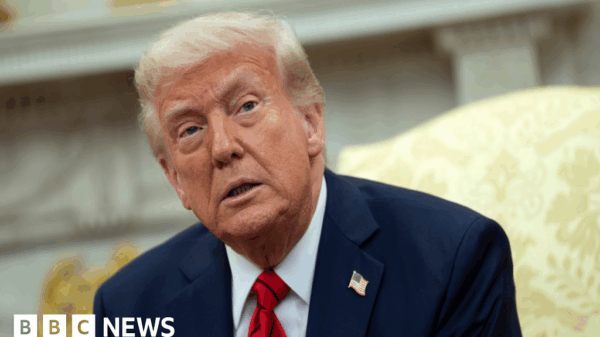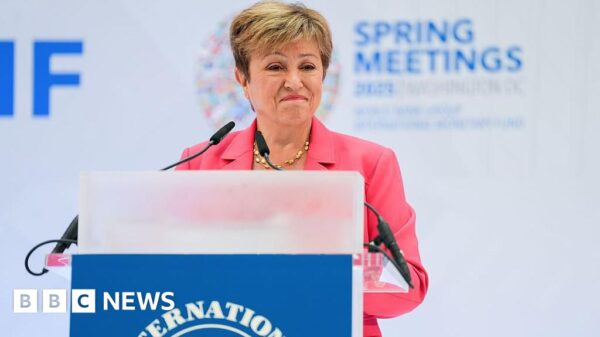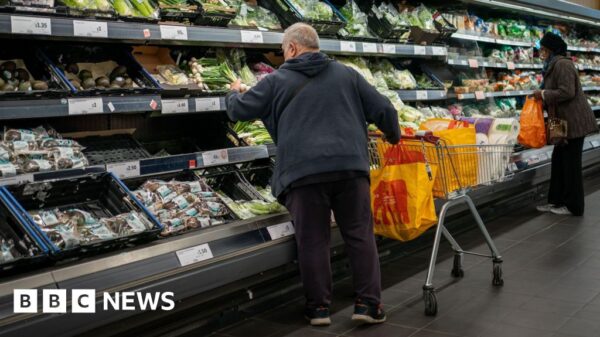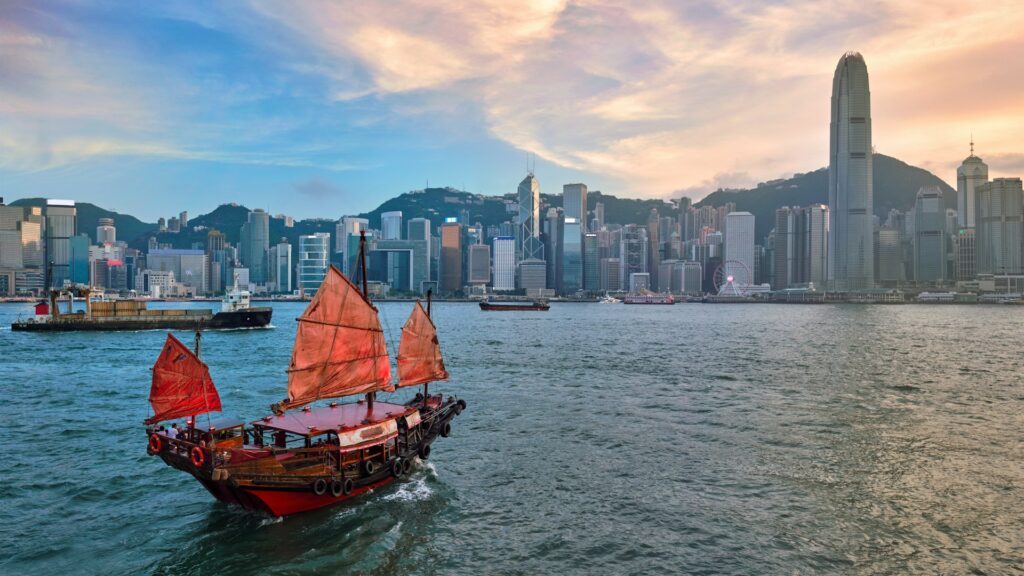In a resolution passed on 17 January 2024, the European Parliament (EP) laid out what it termed the “EU strategy on Central Asia” – writes Emir Nuhanovic, President of the Institute for European Policies and Digital Society. The 12-page document identifies Central Asia as a priority for the European Union (EU) at a time of geopolitical rebalance, calling it “a region of strategic interest to the EU in terms of security and connectivity, as well as energy and resource diversification, conflict resolution, and the defence of the multilateral rules-based international order”. It also conveys the EU’s intent to integrate Central Asia into the West while diminishing the influence of Russia and China, as well as Afghanistan’s oppressive ideologies, in the region.
The potential for economic cooperation highlighted in the resolution appears to have been mostly well-received in Central Asia. However, the fact that the EU appears to inject itself into local politics and the nation-building processes, while also scratching sore spots (for instance, the one-sided approach to the failed coup d’état attempt against the elected government of Kazakhstan in January 2022), detracts from the EU’s projected mission of collaboration with the governments and peoples of the region.
On the surface, the EU’s strategic drive for value alignment with Central Asia makes sense. Ideally, this approach nurtures mutual understanding, trust, and cooperation. Shared principles such as human rights and democracy can strengthen economic and cultural connections, and aid in the peaceful settlement of any conflict. These values are also clearly beneficial for Central Asia’s long-term development. A strong democracy fosters a pluralistic economy, an accountable government, a level economic playing field, and the rule of law, all of which are crucial to building a stakeholder society and sustaining foreign direct investment inflows.
On the other hand, developing countries have a right to be sceptical about foreign-backed opposition movements. In recent history, even well-meaning efforts to fast-track democracy have backfired. Think of the “colour revolutions” around the world, the Arab Spring, and failed nation-building efforts in Iraq and Afghanistan by Western powers, who promised to transform these states into what they considered to be “modern democracies”. Many European states know from firsthand experience that democratization does not happen overnight; in France, for instance, the First Republic was established in 1792 and universal male suffrage was not instituted until 1848. The process is most successful and long-lasting when democracy evolves organically and is internalized by the community.
After gaining independence following the collapse of the Soviet Union in 1991, Central Asian states embarked on adopting a wide range of political reforms. Their journey remains recent by modern standards and is far from complete. They have developed most of the institutions needed in a democracy but still lack democratic practice in many areas, such as in their legal systems, which are strong on paper, but often fall short when it comes to implementation.
The pressing needs and expectations of the region’s populations also differ from the EU’s larger priorities and value standards. Today, Central Asians care most about overcoming economic hardships, which hinge on connecting with international markets and attracting foreign investment. To assure that the national treasures of the region actually benefit the people, further reforms should be implemented by local governments to prevent financial leakage to kleptocrats, strengthen the rule of law, and eradicate deep-seated corruption. Moreover, while a young and economically mobile demographic points towards further Western alignment, the older segments of the population may continue to appreciate traditional values and even miss the predictability of the Soviet-era welfare state.
Before advocating and, in some cases, helping implement democracy-building measures, it’s crucial for EU officials to understand local dynamics and risks. In Central Asia and much of the Former Soviet Union (FSU), the economy and political apparatus often remain under the sway of kleptocrats, i.e., individuals who exploit their financial and political clout to appropriate government machinery for personal enrichment. In some cases, these kleptocrats lead criminal organizations that fund opposition leaders in their home countries, using them as tools to destabilize the government and regain control of state resources, thus creating a quasi-mafia state.
Additionally, radicalized Islam presents a growing threat to the region and can manipulate the democratic process to install intolerant and less democratic norms and establishments in Central Asia’s traditionally secular societies. Without a long-evolved culture of democratic institutions in these countries, well-funded kleptocrats and Muslim militant organizations have a path to power and can inflict real damage on fledgling democracies.
Some of these dynamics manifested in Kazakhstan’s violent unrest in January 2022. Ongoing investigations and trials related to these events demonstrate that, to oust the current president and claw back power, elites from the era of the country’s former president Nursultan Nazarbayev had partnered with a local crime boss nicknamed “Wild Arman” as well as jihadists.
The new resolution “reiterates … concerns about rampant corruption and kleptocracy in Central Asia” and “calls on the Central Asian governments to take action beyond widespread anti-corruption rhetoric and to finally commit to fighting corruption”. It is difficult not to read this as a projection of the EU’s own insecurities, given the recent “Qatargate” scandal involving bribery and corruption charges for EU-linked organisations and officials.
Just over a year ago, EP official Antonio Panzeri, who was the former head of EP’s Subcommittee on Human Rights (also known as DROI), was charged with and admitted his guilt in commercializing the positions of EU officials in a corruption probe dubbed Qatargate by the media. His replacement Maria Arena, who is likewise under investigation, has also since resigned. Prior to this corruption probe, Arena was outspokenly supportive of Karim Massimov, Kazakhstan’s former spy chief and an ally of former president Nursultan Nazarbayev, who was arrested for grand-scale embezzlement and orchestrating the violent upheaval in January 2022 in Kazakhstan. The EP resolution ironically calls on Kazakhstan’s authorities to further investigate these events.
One year after the news of Qatargate broke in December 2022, Ella Joyner of Deutsche Welle reflected on the EU’s poor progress in the case by saying, “What do we know so far? Surprisingly little.” According to
Transparency International, the EP one year after Qatargate “remains a democratic legislative body weak ethics system that is open to undue influence”.
The latest EP resolution also calls for the release of what it refers to as Kazakhstani “political prisoners”, where three of the five names mentioned in the document belong to a criminal organization run by Central
Asia’s most infamous fraudster and kleptocrat, Mukhtar Ablyazov. The report on which the resolution is based lists a controversial NGO, the Open Dialogue Foundation, as a source – this organization is closely and openly associated with individuals linked to fraud, including Ablyazov himself.
In a response to the listing of these names by the EU, Kazakhstani Mazhilis deputy Aidos Sarym said, “Any violation of the law is punishable. But the political views and ideological preferences of people have nothing to do with law and order. All persons listed in the resolution of the European Parliament have violated the law and are held accountable for this by a court decision.”
Pressure coming from a group of EU officials to “release” controversial jailed figures with close and apparent ties to a kleptocrat, and who were found to have broken laws by domestic courts, naturally raises skepticism among locals. Chats on the Telegram social media platform show that Central Asians are understandably asking themselves if the EU’s democratization prescriptions are truly based on concerns for human rights, or whether other factors (including personal gain, perhaps) lie behind their interest in advocating for specific high-profile names linked to Mukhtar Ablyazov and his associates.
Furthermore, the prescriptions from the EU come at a time when the union itself is drifting towards authoritarianism and some member states are experiencing a decline in their own human rights records. European Muslims are still waiting for a dedicated “strategy” to combat Islamophobia even though the
EU’s equality action plans already exist for every other minority group. Leading EU politicians make it clear that they distinguish between Ukrainian refugees, who received a warm welcome in Europe, and others from Asia and Africa, who clearly did not.
In the current period of geopolitical rebalance, the EU should tread as delicately as some of the Central Asian states already appear to be doing vis-à-vis their domestic and foreign policies. To achieve this, the EU should consider the following three realities.
Firstly, Central Asian states will likely continue to pursue multi-vector foreign policies and avoid reliance on a single outside actor. In terms of planned investments in the region, the “BRIC” countries (i.e., Brazil, Russia, India and China) could outpace the EU. For instance, China has positioned Kazakhstan as a pivotal transit hub on its famed Belt and Road Initiative and its cumulative investments in Kazakhstan since 2005 have reportedly reached $24 billion. The enthusiasm from the EU for a robust and resilient economic partnership is promising, but the West must still show that it can back its rhetoric up with material investments.
Secondly, any approach to Central Asian countries must include consideration of their geography. The region’s states will continue to trade with neighbours, including Russia and China, and will aspire towards having functioning relations with them. The region does not want to become the new “Great Game” where the East and West face off to gain control of vast resources.
Lastly, the EU must acknowledge the existence of, and work to remedy, the apparent sincerity gap in its approach to the region. Clear mutual economic interests are pushing Central Asia and the EU to collaborate. However, if strict value alignments continue to be set as preconditions for collaboration, the EU will need to provide assurances that its own processes for determining which issues to pursue are free from corruption and influence from bad actors. For the time being at least, this seems to be the most difficult task for the EU to accomplish.

